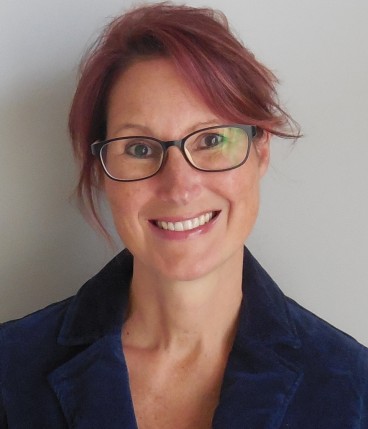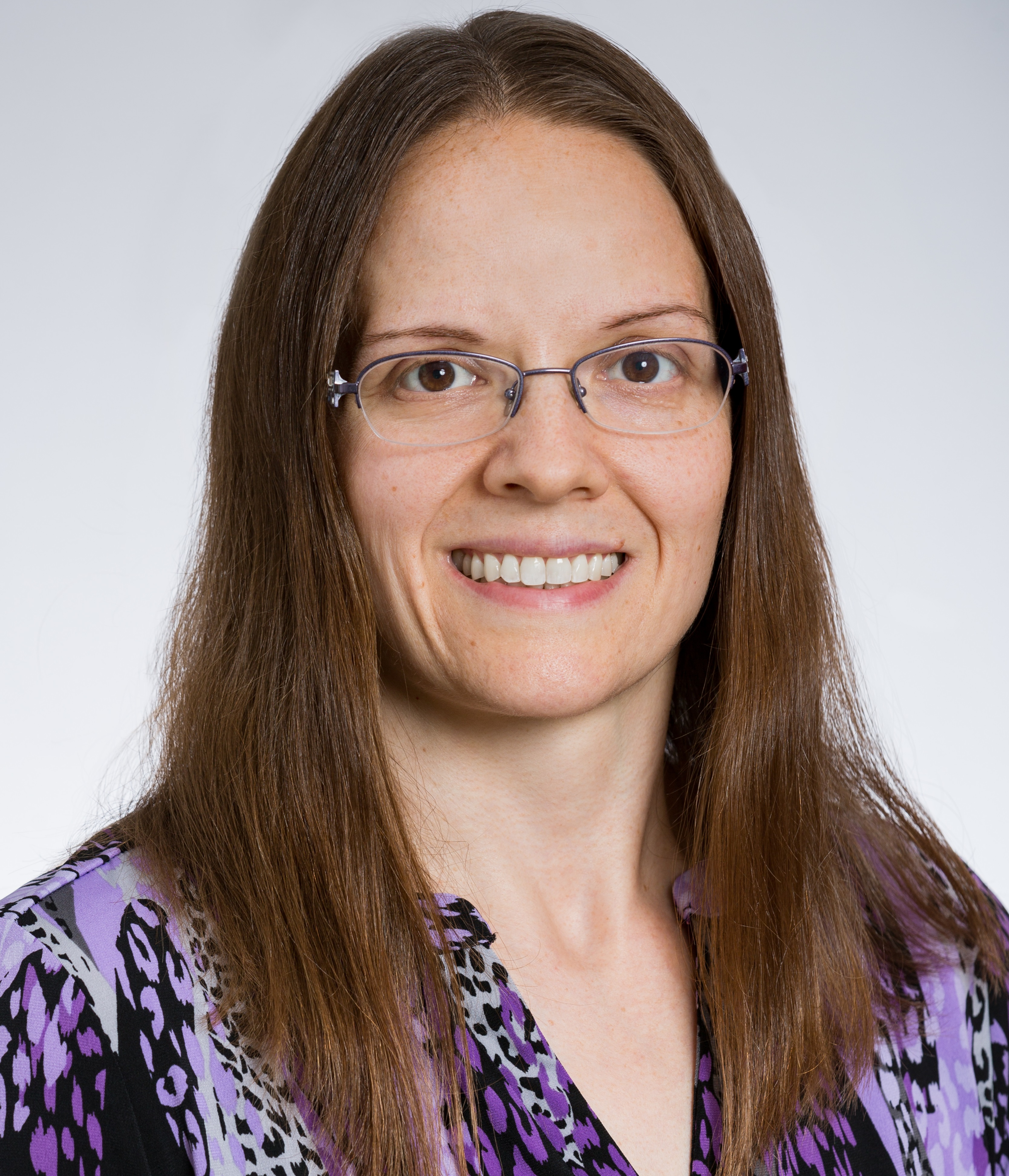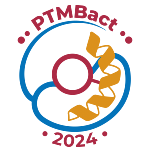|
|
|
KeynotesJean ARMENGAUD  Jean Armengaud (https://orcid.org/0000-0003-1589-445X) is specialized in mass spectrometry for biology and more specifically in proteogenomics and metaproteomics, having obtained his PhD in Biochemistry in 1994 from the University of Grenoble. He heads the ProGénoMIX platform located near Avignon in France, node of the ProFi Proteomics French Infrastructure. He is co-author of over 300 scientific publications. His aim is to contribute to a better understanding of the functioning of complex biological systems and to exploit this knowledge for medical and environmental purposes. Christine SZYMANSKI  Dr. Christine Szymanski first began working with Campylobacter jejuni during her PhD in the Department of Medical Microbiology and Immunology at the University of Alberta in Edmonton, Canada. She then joined the Enteric Disease Vaccine Program at the Naval Medical Research Center in Silver Spring, Maryland for her postdoctoral studies where they first described bacterial N-linked protein glycosylation. Dr. Szymanski then began her own independent research career first at the National Research Council in Ottawa, Canada and then back at the University of Alberta. It was in Edmonton where she formed the company, VaxAlta Inc. with a focus on carbohydrate-based vaccines for livestock. Christine joined the University of Georgia in 2016 where she continues to: 1) characterize bacterial glycoconjugate pathways, 2) exploit bacteriophage recognition proteins that bind these structures, and 3) understand the protective benefits of host milk oligosaccharides to develop novel therapeutics and vaccines for the prevention of diarrheal diseases and post-infectious neuropathies such as Guillain-Barré Syndrome. She is a fellow of the American Academy of Microbiology and Senior Member of the National Academy of Inventors. Jean-François COLLET  Dr. Jean-Francois Collet is a Professor of Biochemistry at the de Duve Institute (UCLouvain, Brussels). The goal of Collet’s lab is to better understand the mechanisms by which bacteria adapt to ever-changing environmental conditions and respond to stress. The lab focuses on questions important to both fundamental science and biomedical fields, contributing to the global effort to find new antibacterial approaches by identifying novel protein machineries that play crucial roles in bacterial physiology. Dr. Collet's lab has identified several systems that protect bacterial proteins from oxidation and uncovered molecular mechanisms allowing bacteria to detect stress in their cell envelope and to mount a protective response. As co-director of the de Duve Institute, Dr. Collet has received national and international awards and is a member of the Royal Belgian Academy, the Royal Belgian Academy of Medicine, and the European Academy of Microbiology. Nienke BUDDELMEIJER  Dr. Nienke Buddelmeijer is an Assistant Professor in the Institut Pasteur of Paris. She earned her PhD in biology at the University of Amsterdam working on cell division. She did her postdoctoral research at the University of Amsterdam, Harvard Medical School and Institut Pasteur. Her group Cell Shape and Pathogenicity studies the bacterial lipoprotein modification pathway using a combination of bacterial genetics, biochemistry, structural biology, and inhibitor screening. This essential process involves integral membrane enzymes, two of which transfer a fatty-acid moiety from membrane phospholipids onto lipoproteins. The goal of her team is to obtain detailed insight on the role lipoproteins in the physiology of bacteria in relation to essential processes in the cell envelope and to understand how the degree of lipidation affects signaling of the innate immune system in pathogenic species. Furthermore, they develop assays to determine enzyme kinetics and substrate specificity, and design screening strategies to identify and characterize specific inhibitors of this essential pathway with the intention to find novel antibacterial agents. Their questions are how lipoproteins play a role in cell wall (peptidoglycan) biogenesis and how they contribute to cell envelope integrity in poorly studied organisms. As group leader, Dr. Buddelmeijer directly supervise students and young scientists and is involved in teaching and mentoring. She is co-coordinator of the Institut Pasteur Concerted Technological Actions on Drug Discovery and Screening and participates in national scientific evaluation committees and member of expert research groups. Valerie CARABETTA  Dr. Valerie Carabetta is an Assistant Professor in the Department of Biomedical Sciences at Cooper Medical School of Rowan University (CMSRU). She earned her PhD in molecular biology at Princeton University, characterizing stationary phase survival proteins in Escherichia coli. She did her postdoctoral research at the Public Health Research Institute at New Jersey Medical School, Rutgers University. The focus of her work was the study of the regulation of genetic competence, an important mechanism of the spread of antibiotic resistance genes among bacterial species. The overarching theme of her current laboratory is combatting antimicrobial resistance in bacteria. With the alarming trend of increasing antibiotic resistance and constant emergence of new "super bugs," the need to develop new antimicrobial strategies is critical. There are three active areas of ongoing research in the Carabetta lab, which approach this problem from different angles: 1) In Gram-positive bacteria, the role of lysine acetylation of the histone-like proteins on essential processes is being explored, with the goal of identifying novel drug targets, 2) Combinations of newly approved antibiotics, bacteriophage, and standard-of-care drugs are being evaluated to find effective new treatment options for highly drug-resistant infections, and 3) Antimicrobial peptide-loaded hydrogels are being developed to combat biofilm-related medical device infections. Sven HALBEDEL  Dr. Sven Halbedel is a bacterial geneticist currently working as a group leader at the Robert Koch Institute (the national public health institute in Germany) in Wernigerode. He earned his PhD at the University of Göttingen (DE), investigating regulatory protein phosphorylation in Mycoplasma pneumoniae, followed by postdoctoral work on Bacillus subtilis cell division proteins at Newcastle University (UK) and was recently appointed as an extraordinary professor at the University of Magdeburg (DE). His current research addresses the mechanisms synchronizing growth and cell division in Gram-positive bacteria, particularly in Listeria monocytogenes. A main focus lies on the role of PASTA kinases and their substrates in control of the proteolytic stability of MurA enzymes, which are the first committed step enzymes in bacterial peptidoglycan biosynthesis. Further research deals with bacterial systems for the sensing and detoxification of novel naturally occurring antimicrobial compounds and the genomic epidemiology of listeriosis within the frame of the national consultant laboratory for Listeria. |


